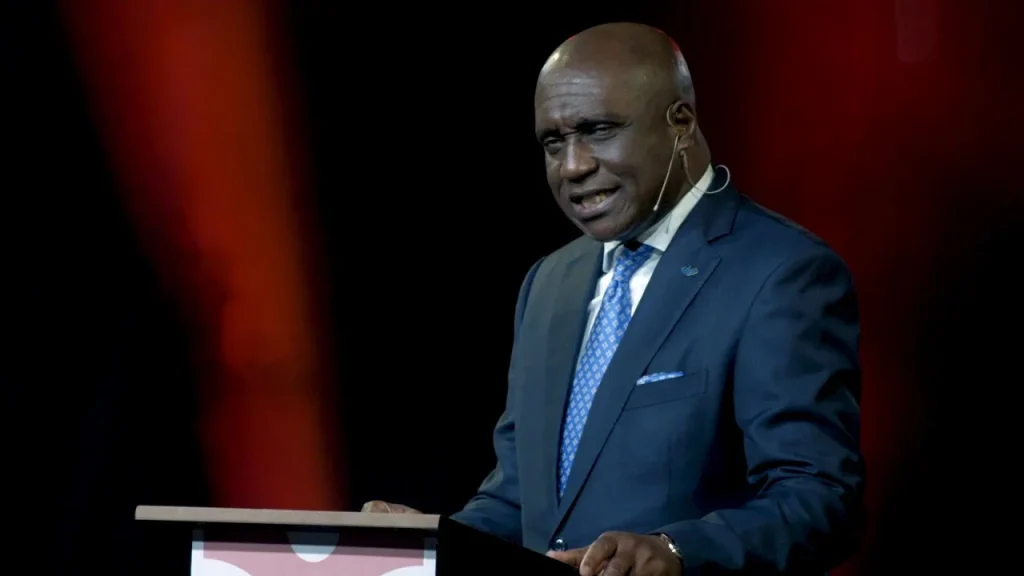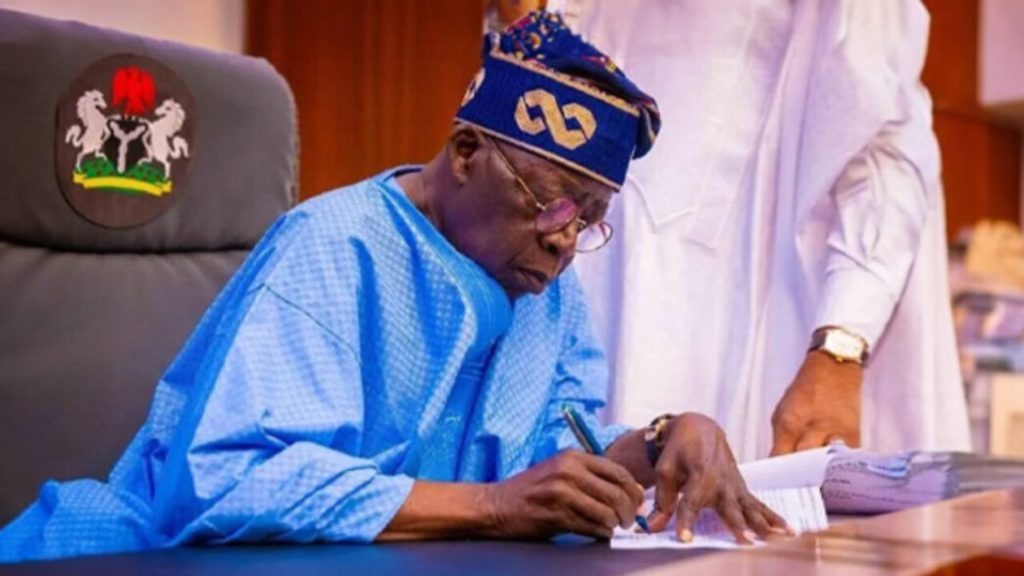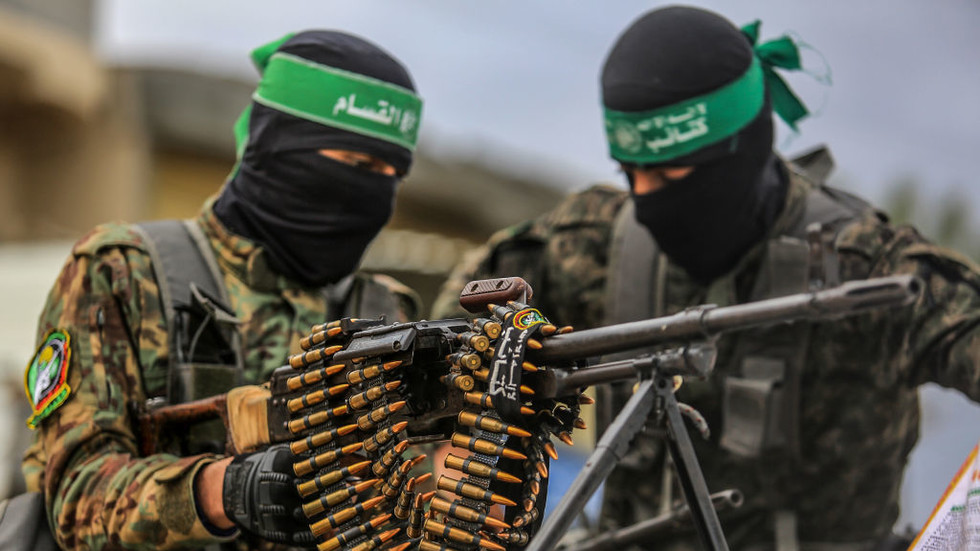Senegal, long hailed as a beacon of democracy in West Africa, is facing a sudden threat to its political stability. The president’s decision to postpone the upcoming presidential election has raised concerns about the future of democracy, peace, and economic development in the country.
Senegal’s Importance
Since gaining independence in 1960, Senegal has been a key international partner for peace and democracy. Unlike many African nations, Senegal has never experienced a military coup, relying on regular elections and peaceful transfers of power to uphold its democratic values.
However, recent changes to election rules and the exclusion of prominent opposition figures have raised doubts about the strength of Senegal’s democracy. Despite the people’s strong preference for democracy, there is a growing sense that the country’s democratic institutions have been weakened in the past five years.
Regional Implications
The stability of Senegal is crucial in a region plagued by insurgencies and military coups. With violent crises spreading across the Sahel region, Senegal’s political turmoil could have far-reaching consequences, affecting not only its own population but also contributing to deeper regional insecurity.
A Tumultuous Decision
President Macky Sall’s announcement to delay the presidential election, just weeks before it was scheduled, has sparked widespread protests and raised fears of a constitutional crisis. The government’s actions, including the suppression of public outcry and protests, have only heightened tensions within the country.
International Response
International organizations, including the Economic Community of West African States and the African Union, have expressed support for sustaining democracy in Senegal. Calls for a peaceful and legal electoral process, as well as a transfer of power, have echoed from various quarters.
The Way Forward
The coming months will be critical in determining Senegal’s political and economic future. Efforts to uphold democratic principles and ensure a smooth transition of power will be essential in averting further unrest and safeguarding the country’s long-term stability.
Global Implications
Senegal’s trajectory will have implications not only for its own population but also for the wider African continent. The international community must take a unified stance in supporting Senegal’s democratic aspirations and working towards a peaceful resolution to the current crisis.
In the face of uncertainty, Senegal’s ability to maintain its democratic ideals will not only shape its own future but also influence the prospects for peace and stability across the African continent.



